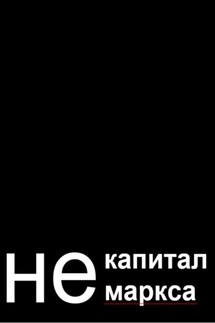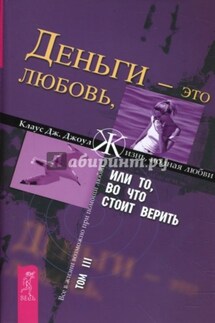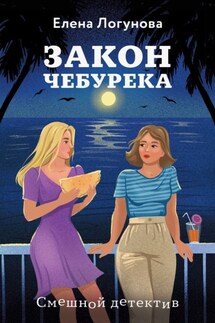The General Theory of Capital: Self-Reproduction of Humans Through Increasing Meanings - страница 37
Robert Sapolsky suggests that free will is determined by a person’s ability to resist biological impulses (cf. Sapolsky 2017, p. 597). But where does this ability come from? It comes from the dual nature of humans—as animals and as social beings. In the Phaedrus, Plato compared the soul to the union of a pair of winged horses and their charioteer (Plato 1997, p. 524). In the Republic, he wrote that man is the unity of three principles: rational, affective (rage and desire for competition) and natural (passion and lust). “Do we learn with one part, get angry with another, and with some third part desire the pleasures of food, drink, sex, and the others that are closely akin to them? Or, when we set out after something, do we act with the whole of our soul, in each case?” (Plato 1997, p. 1067).
Socio-cultural experience is an accumulation of accidental and remembered choices transmitted through learning. An individual is able to choose at all because he has an essential part of this experience. Man as a cultural microcosm is a copy of society as a macrocosm. “…The essence of man is no abstraction inherent in each single individual. In its reality it is the ensemble of the social relations” (Marx and Engels 1975-2004, vol. 5, p. 4). “Society” and “individual” are only two opposite points of the same “man” when considered as an abstraction. “Individuals may carry out actions traditionally indexed as ‘thought’ or ‘feeling’; however, these actions may properly be viewed as forms of relationship carried out on the site of the individual” (Gergen 2001, p. 119).
An individual accumulates individual experiences that enable him to make a choice between (counter)facts—provided they lie within the limits of his individual experience. A striking example is professional experience: the greater this is, the higher the person’s ability to make decisions in uncertain situations related to his occupation. In traditional agrarian societies, not only the society as a whole, but also an individual is capable of making decisions, that is, he has free will.
People develop through learning, through the accumulation of meanings that are passed on from generation to generation in the form of cultural experiences: norms, knowledge and skills. Increasing meanings are revealed in the complication of causal models, which reflect the relationships between goals and results of actions and are an accumulated prerequisite for new actions. A person becomes a subject when his experience allows him to reason and choose. In the beginning, the causal model (i.e. knowledge) is a means of activity, and at the end it becomes the subject himself (i.e. consciousness).
Free will is based on the multiplicity of meanings, on the human ability to invent counterfacts. Freedom is found at the intersections of necessities. In other words, the transition from selection to choice did not occur when (proto-)humans acquired the ability to choose, but when they learned what to choose from. Choice arose simultaneously with the ability to create counterfacts. Where, then, did the counterfacts come from? It is reasonable to assume that choice arose when contacts between communities began, so that members of the communities got to know each other and could compare and exchange meanings. Thus, the accumulation of cultural experience provided humans with the opportunity to choose actions.







